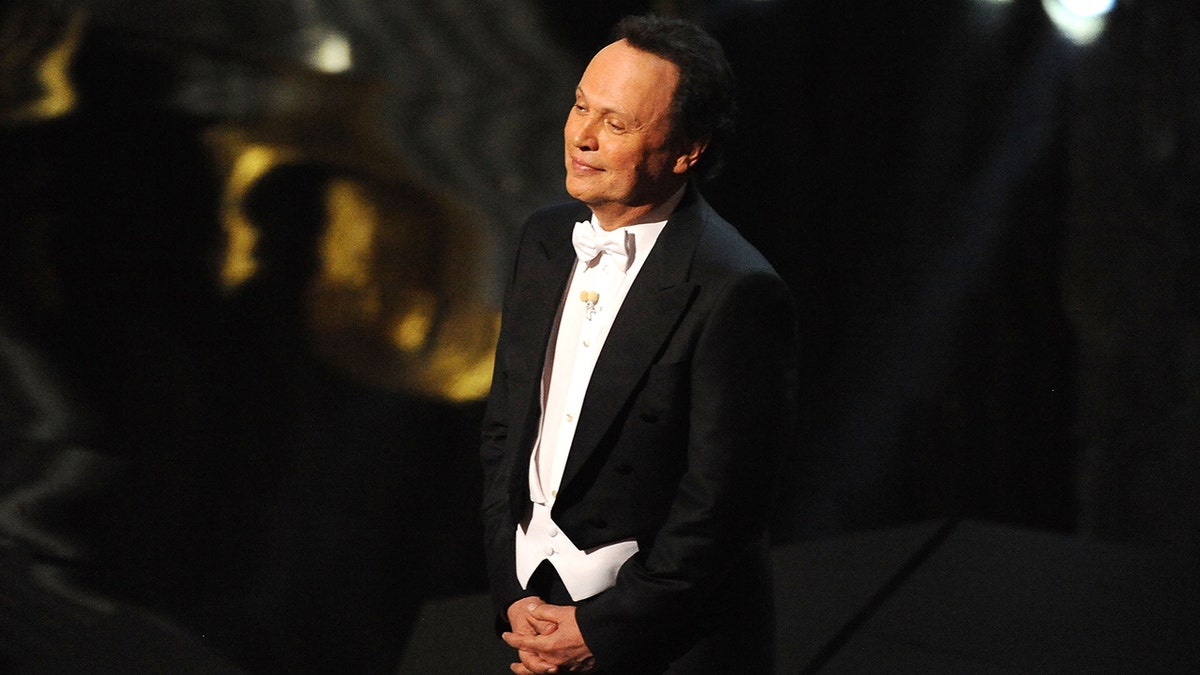Fox News Flash top entertainment headlines for May 13
Fox News Flash top entertainment and celebrity headlines are here. Check out what's clicking today in entertainment.
Billy Crystal questioned the wisdom behind the Oscars not employing a host in recent years.
The "When Harry Met Sally" actor, 73, was first tapped to host the biggest awards show for movies in 1990. Since then, he’s been asked back again in 1992, 1993, 1997, 1998, 2000, 2004 and 2012. So, as a resident expert in the show and hosting duties, Crystal spoke with People to explain why he believes the Academy Awards have suffered as an entertaining broadcast since not the decision to stop having one.
"To me, a show needs a host, you need a center," he told the outlet. "Let's face it, after the first 40 minutes, four out of five people have lost. By the end of the night, the winners are all backstage and you're dealing with disgruntled people who are disappointed. You want to make them feel good and the home audience to stay with the show."
The last media personality to host the Academy Awards was Jimmy Kimmel in 2018.
OSCARS 2021 SEES 'NOMADLAND' RECEIVE BEST PICTURE AS CELEBS RIP DEREK CHAUVIN, POLICE BRUTALITY

Host Billy Crystal speaks onstage during the 84th Annual Academy Awards held at the Hollywood & Highland Center on February 26, 2012 in Hollywood, California. (Mark Davis/WireImage)
Indeed the 2021 show, which saw "Nomadland" take the coveted best picture Oscar, opted to have various celebrities who attended the show take on introducing categories and other tasks that would otherwise have been done by a singular host. The result was that the Oscars hit a record low in ratings.
OSCAR-WINNER TRAVON FREE ADDRESSES POLICE KILLINGS IN ACCEPTANCE SPEECH
According to Variety, citing early Nielsen numbers, an average of 9.85 million viewers watched the show, which is a 58.3%, 13.75 million viewer drop-off from last year. In addition, the show earned a mere 1.9 rating among the key demographic of adults age 18-49.
CLICK HERE TO SIGN UP FOR OUR ENTERTAINMENT NEWSLETTER
It was the second year in a row that the show plummeted in the ratings. For comparison, that's a big drop-off from last year's 23.64 million viewers and a 5.3 in the key demographic -- both of those numbers were already previous all-time lows.
CLICK HERE TO GET THE FOX NEWS APP
While several factors such as the coronavirus pandemic, shuttered movie theaters, and the limited number of films that came out because of virus contributed to the record-low ratings, it’s likely that no host to build the broadcast around didn’t help put eyes on the screen.















































